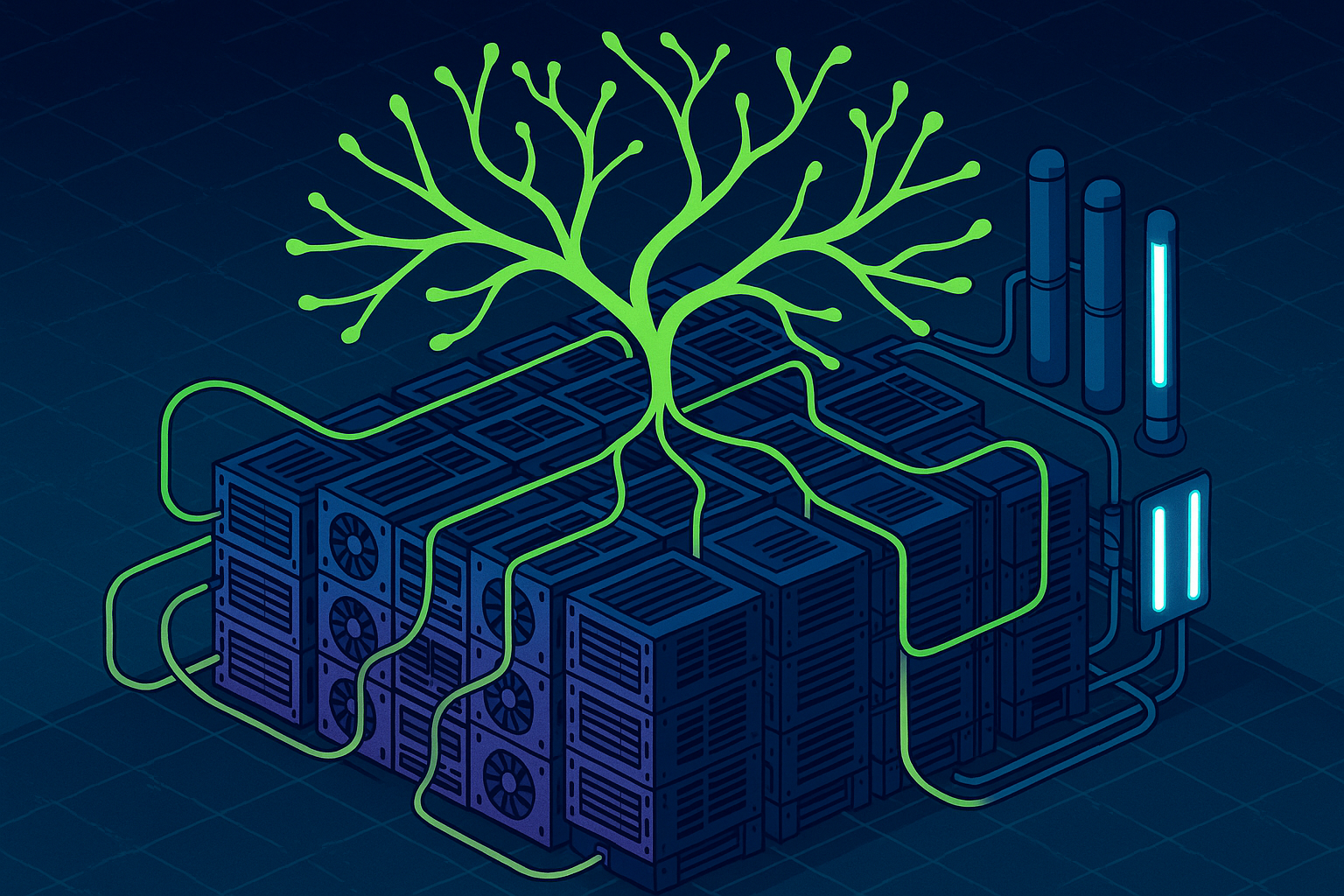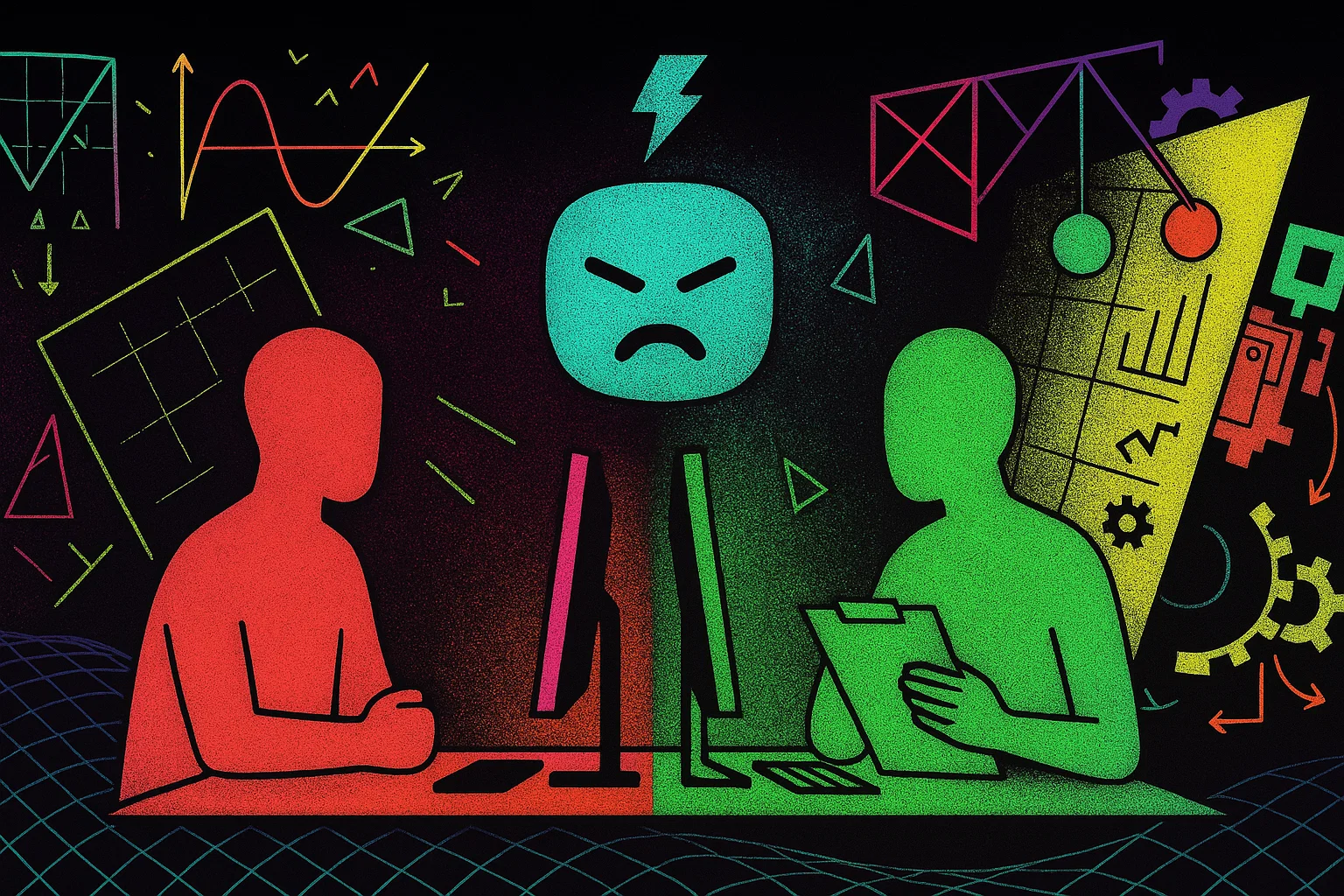Maximilian Schreiner
Max is the managing editor of THE DECODER, bringing his background in philosophy to explore questions of consciousness and whether machines truly think or just pretend to.
Read full article about: AI infrastructure expansion drives massive debt across major tech partners
A new Financial Times analysis found that several OpenAI partners have taken on roughly 96 billion dollars in debt to fund data center and chip expansion. The list includes major players like Oracle and Softbank, along with specialized providers such as Coreweave. According to the report, Coreweave's liabilities and lease obligations far exceed its expected annual revenue of five billion dollars.
The borrowing isn't limited to a few companies. Bank of America says the five largest tech firms, including Amazon and Microsoft, have issued 121 billion dollars in new debt this year - about four times their usual annual average. Deutsche Bank also reports rising credit default swap costs for companies like Oracle, pointing to growing concern among lenders and investors.
Read full article about: Google Cloud aims to capture ten percent of Nvidia's annual revenue with TPUs
Google is in talks with Meta and several other companies about letting them run Google's TPU chips inside their own data centers, according to a report from The Information. One person familiar with the discussions said Meta is considering spending billions of dollars on Google TPUs that would start running in Meta facilities in 2027. Until now, Google has only offered its TPUs through Google Cloud.
The new TPU@Premises program is Google's attempt to make its chips a more appealing alternative to Nvidia's AI hardware. According to someone with knowledge of internal comments, Google Cloud executives have said the effort could help the company reach ten percent of Nvidia's annual revenue. Google has also built new software designed to make TPUs easier to use.
Read full article about: "Genesis Mission" to pool US data for AI models
US President Donald Trump signed an order on Monday to launch a shared AI platform for federal research data. Called the Genesis Mission, the effort aims to make large datasets from federal agencies usable for new AI models, according to White House adviser Michael Kratsios.
The Department of Energy will link its supercomputers, research datasets, and automated lab systems through the new platform. Kratsios said the goal is to have AI plan experiments, speed up simulations, and generate predictions on topics like protein structures and plasma behavior.
Energy Secretary Chris Wright pointed to the surge in private AI investment but argued that more of that momentum needs to shift toward scientific and technical research. He said the data held by federal labs is essential for that work. The order also highlights priority areas including biotechnology, space, energy, and semiconductor research.
Read full article about: Major insurers seek to exclude AI-related risks from corporate policies
Several large insurers, including AIG, Great American, and WR Berkley, have filed requests with U.S. regulators to exclude AI-related risks from their corporate insurance policies, according to the Financial Times. The companies warn that generative AI systems like chatbots and AI agents could expose them to billions of dollars in liability claims.
WR Berkley reportedly proposed an exclusion that would apply to any claim resulting from the use of AI in any form. AIG told Illinois insurance regulators that generative AI represents a broad and far-reaching technology and that related claims are likely to increase in the future.
Insurers point to recent lawsuits as evidence of the problem. Wolf River Electric sued Google for at least $110 million, alleging that the company’s AI-generated overview spread false statements. In another case, a court ordered Air Canada to honor a discount price its customer service chatbot had invented.
Kevin Kalinich, a managing director at Aon, said the insurance industry could handle a single $400 million loss but not 1,000 or 10,000 correlated claims caused by an error from one AI provider.





